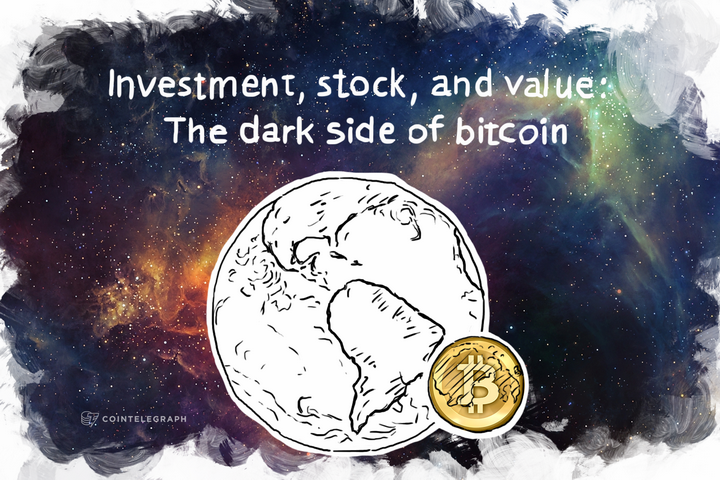When someone mentions cryptocurrency, the word Bitcoin immediately springs to mind. Thanks to that one invention, a myriad of other online currencies have sprung up all over the internet, spurring an online furore that is increasingly amounting to an unprecedented state of digital folly. Since Bitcoin hit the world wide web, banks, governments and financial institutions are keeping a close eye on this new virtual phenomenon, and are probably waiting for that one perfect opportunity to jump on the bandwagon and stop it in its tracks.
As cryptocurrencies are increasing in terms of number, value and circulation, companies are bravely taking steps to accommodate the many new ways that consumers can may and sell goods online. Want to sell your couch online? Why not sell it for some Bitcoin ? Want to get paid for offering your online services? Why not get paid in Dogecoin? Much pay, Such Service! The phrase that was just used will probably be familiar to you if you are an avid fan of cryptocurrencies. And as the financial web gradually expands, more opportunities are arising.
Across the globe, companies and firms are actively investing in Bitcoin; for example, in North America more than 19 Bitcoin startups have been invested in by private funds, while 9 are now operating in Asia (and 3 in Europe)! Another example would be the $147 million investment made by Pantera Capital Management LP – Bitcoin anyone?
To understand why Bitcoin is risqué, it's necessary that one comprehends the primary method in which Bitcoin is obtained:
“A miner who solves the problem gets to put his name next to a predetermined number of bitcoins on a ledger, which records all bitcoin transactions and is constantly shared and updated by a peer-to-peer network similar to the original version of the music-sharing service Napster. The number of bitcoins and the speed at which they can be created is mathematically limited, with successful mining that earns fewer and fewer bitcoins over time until the number reaches a little less than 21 million. That's when it stops”.
If mining seems perfectly innocent and harmless, it was only a matter of time (as it is with all currencies) before investment and speculation took over. Being an actual currency, Bitcoin now has to abide by a number of make-or-break principles, such as market value, stock exchanges, profits, and of course, loss; and everyone knows that loss and drops in profits are synonymous with dwindling investment opportunities, and could drag any cryptocurrency down in to the depths of oblivion.
In another article, it is even noted that “Bitcoin has a long history of volatility due to hacks — after which its price seems to rally. After all, back in June 2011 a hacker crashed the crypto-currency — bringing its value from $17.50 down to pennies. Anyone who bought Bitcoin after that is now sitting on huge profits — even after Mt. Gox’s collapse — it trades at $556 according to CoinDesk”.
Is the virtual nature of cryptocurrency the element that will eventually lead to its own demise? Many have predicted that in a few years a new fad will take over, but just like a stock exchange, that is pure speculation. And as it has already been stated, it is now up to pure speculation to play its role in keeping Bitcoin afloat, while others desperately sacrifice computing power to mine as many coins as they can.
It's impossible therefore to affirm with any certainty where Bitcoin will be in a few years. But it's clear that just like any cryptocurrency, Bitcoin has a darker side to it: rogue investment, speculation, computer hacking, and a troubled market presence with value that rises one second, only to spectacularly spiral out of control the next.


